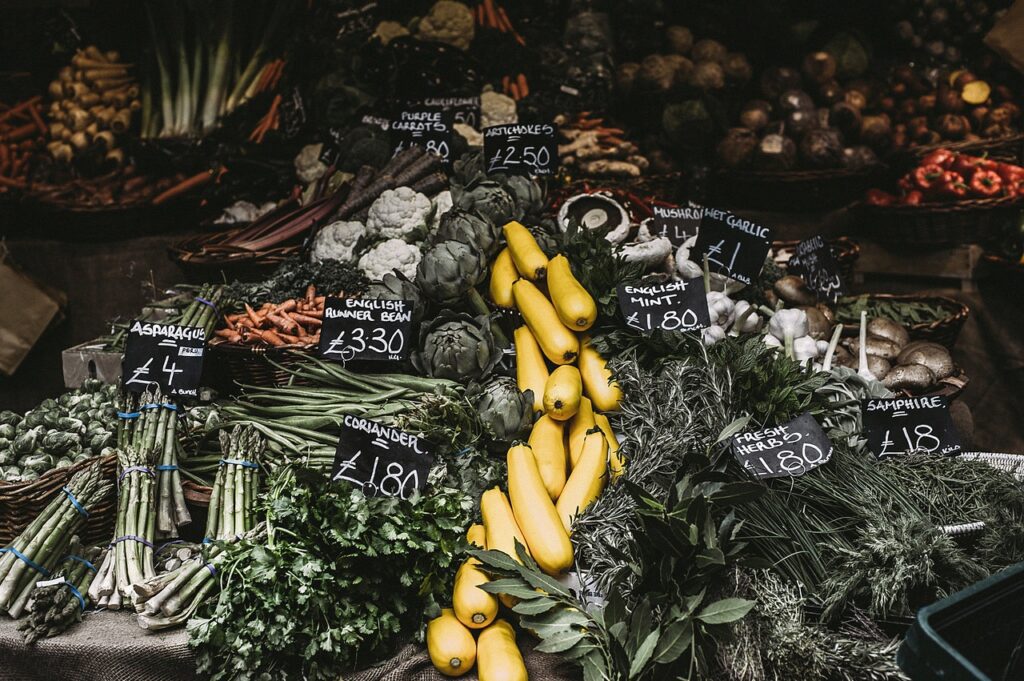Postharvest waste and crop loss increase agricultural challenges for humanity and, according to studies, will continue to do so over the next decade. The fruits and vegetables we rely on for food are unfortunately very perishable.
According to the Food and Agriculture Organization (FAO), more than one-third of food produced globally is never consumed due to its limited shelf life. The quantity of food wasted globally is enough to feed 2 billion people – more than twice the number of people facing hunger, FAO estimates. Food waste also contributes to climate change, accounting for about 8% of total greenhouse gas emissions.
Biotechnology can mitigate this loss through the development of alternative crops that preserve desirable features while reducing waste across extended supply chains. Gene-editing promises faster and less costly development of new crop varieties that keep longer.
Scientists at the Idaho-based J.R. Simplot Company, for example, are employing cutting-edge plant breeding techniques to produce a new potato that is less prone to browning, ensuring it ends up on plates rather than in landfills.
“We’re really excited about the possibility of reducing food waste,” Simplot’s Doug Cole told Innovature.
When potatoes brown, they are still fresh and edible, but people tend to throw them out. The Simplot’s potato is designed to reduce waste from households and consumer-facing companies, like restaurants and grocery shops. These sources generate the majority of waste (more than 80%), according to a report by RefEd, a food waste research group.
Simplot achieves its browning- and bruise-resistant potato through gene editing, a novel breeding technology that allows scientists to make minor modifications to the plant’s DNA. The feature should make it more enticing to customers, reducing the amount of potatoes that are thrown out.
Strawberries and mushrooms with staying power
Simplot researchers, in collaboration with Plant Sciences Inc.—one of the top developers in plant gene editing—are also working to generate modifications in the strawberry’s genome, to not only enhance shelf life but also provide higher yield on less land.
Strawberries, as we all know, have one of the lowest “shelf lives” among fruits and must be bought and eaten soon after arriving in the stores. In reality, around 35 percent of the strawberry harvest ends up as trash because they don’t hold up in shops or in customers’ freezers after they’ve been purchased. Simplot’s new berry could change that.
Similar benefits are being provided to mushrooms by Yinong Yang, a plant pathologist at Pennsylvania State University, which has successfully engineered the white button mushroom to prevent browning and enhance shelf life. To do so, he used CRISPR gene-editing technology to knock out one of the mushroom’s six PPO genes, thus lowering browning activity by 30%. Yang is presently striving to develop the mushroom with the goal of commercializing other types in the future, according to Wired.




